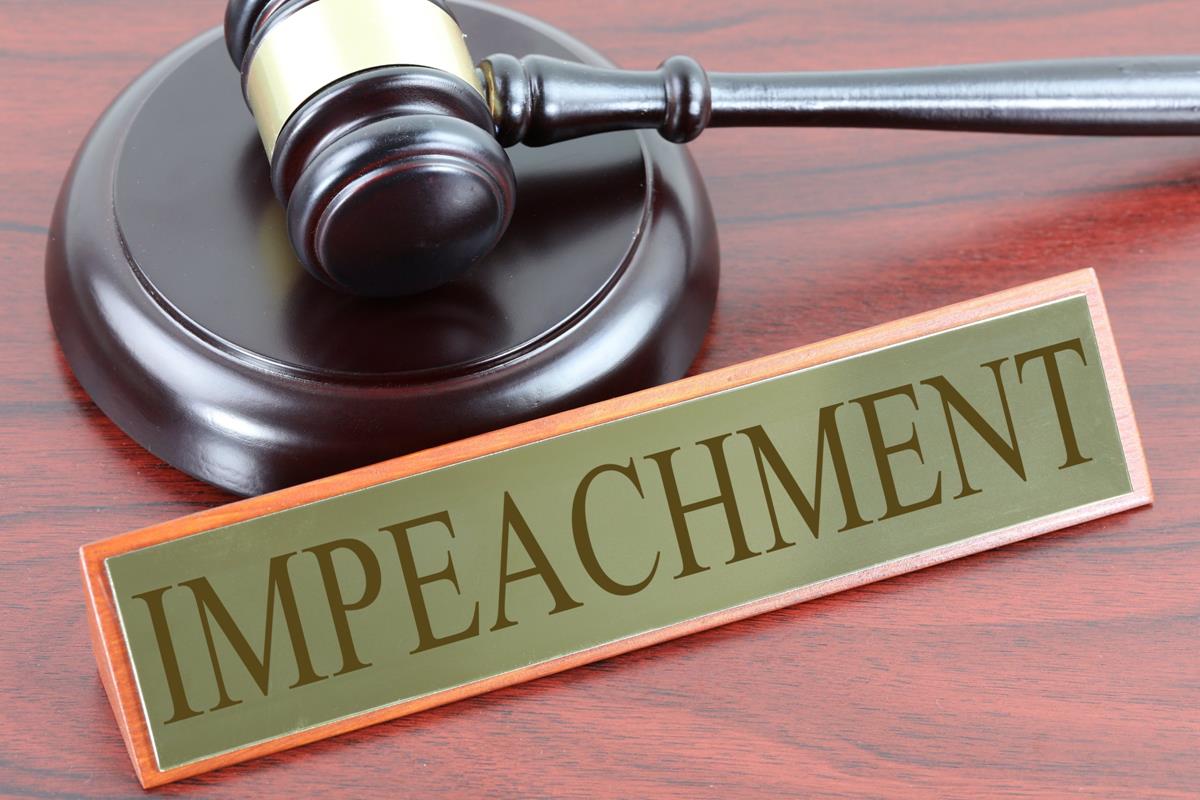UCLA Progressives Disillusioned by Impeachment Inquiry

Image by Nick Youngson CC BY-SA 3.0 Alpha Stock Images
The impeachment inquiry has been the subject of endless public debate among politicians, strategists, and journalists in recent months, with countless hypotheses on the impact of new evidence or the leanings of a particular legislator. However, despite the constant conversation between families, coworkers, and friends, these opinions have generally only been published in the form of public opinion polls. While these polls are important gauges of public sentiment, they are reductive and unable to show the full depth of individual opinions on a particular issue.
On Jan. 15 the impeachment charges were formally transferred from the House of Representatives after an unexpectedly long delay as House Speaker Nancy Pelosi sought to guarantee the acceptance of new evidence in the Senate trial. On Jan. 20, Senate Majority Leader Mitch McConnell released the rules for the Senate trial which disallow evidence collected by the House of Representatives unless approved by a separate vote. Many have argued that this seems designed to hasten an acquittal of the president. These recent developments are examples of the type of partisan announcements that have made many young progressives, including those interviewed for this article, lose faith in the inquiry.
It is imperative to understand students’ perspectives, not only because they are and will continue to be an influential force in shaping elections for decades to come, but because the current political climate will have a profound impact on their political beliefs that may last for the rest of their lives.
Discussions of impeachment have been just as common at UCLA as elsewhere in the country, and in interviewing student progressives a common theme emerged. In general, they are supportive of the inquiry but disillusioned by the political process that governs it.
Despite this procedural back-and-forth, however, every student I talked to thought that the House of Representatives made the right choice in opening the impeachment investigation into President Trump. Jack Schaefer, a third-year cognitive science major says that he is “glad that it’s happening mostly because it stands as some kind of legitimacy still in the way we conduct ourselves and our government,” but that he is unsure whether it will change anything.
Similarly, Brenda Simone Bastian, who graduated in December, thinks that “the impeachment inquiry was necessary,” but was concerned that it wasn’t thorough enough because of the lack of witness testimony.
In discussing the process with other students, similar feelings of cynicism pervaded their answers. One first-year from Los Angeles, Evan Holter, believes that “most of it is for show,” while second-year Judith Vallette describes it as “a huge fiasco.”
For many of those interviewed, the source of their ambivalence on impeachment seemed to stem from their lack of trust in the government in general. Schaefer describes himself as “disillusioned by the Democratic party at times,” while Holter traces his low approval of government to the two-party system. “The two major parties have been in power for so long that the possibility of either of them failing or collapsing because they don’t do anything is unimaginable, and as a result they tend not to do very much,” says Holter.
Breezy Carreno, a fourth-year student who strongly disapproves of Trump, succinctly expresses why so many people are unhappy with the current system: it fails to adequately serve a majority of Americans. She rates her trust in government as “very low,” explaining that “historically the system wasn’t built to accommodate for most people. It’s just rich white men and so that’s who it’s built to cater to. Any time there’s any type of demographics of other people you have to work against the system to try to break out of it.”




